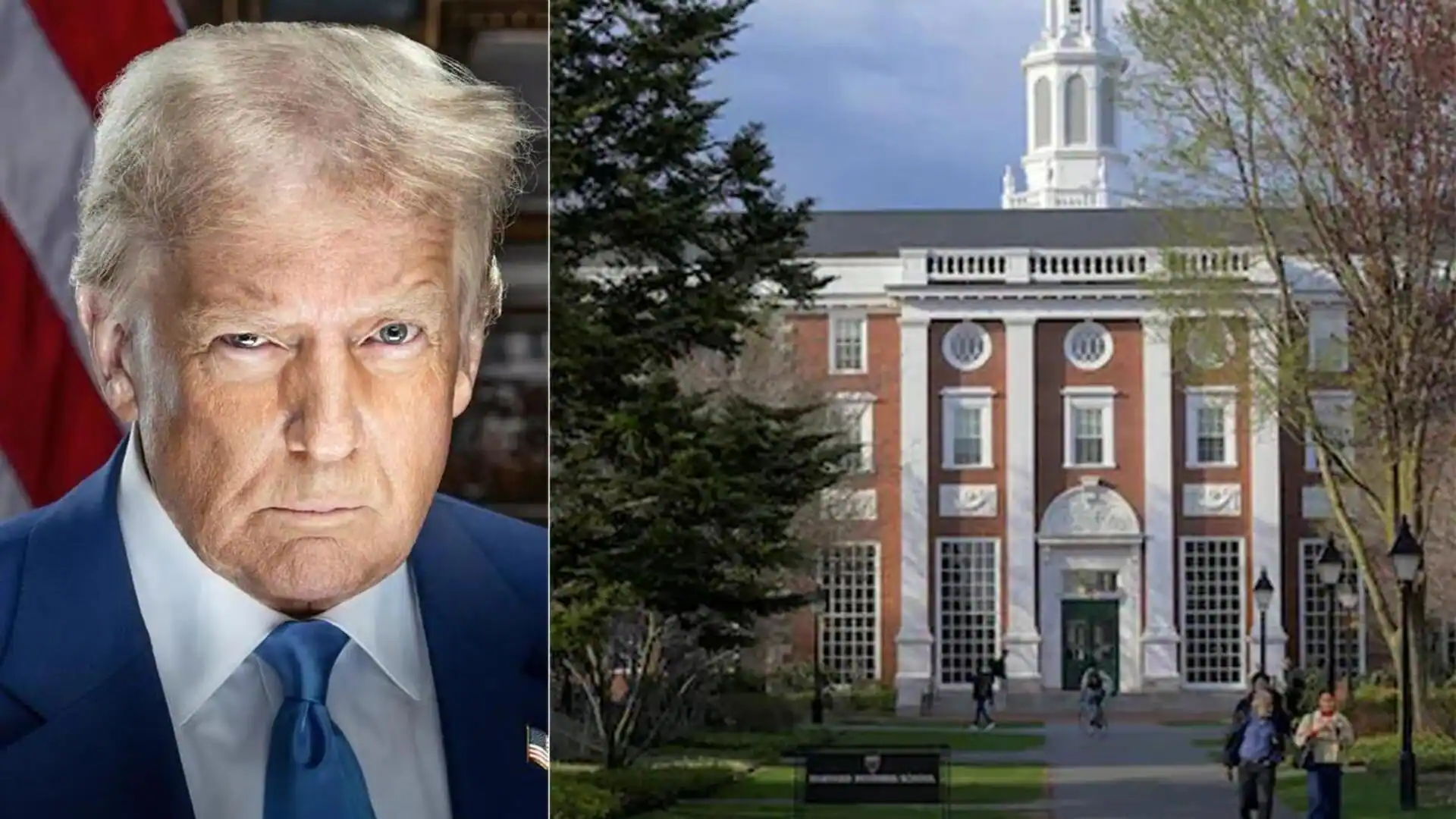President Donald Trump has called for Harvard University to pay a $500 million settlement as a condition for the restoration of its federal funding, alleging misconduct on the part of the Ivy League institution.
“We want nothing less than $500 million from Harvard. Don’t negotiate, Linda,” Trump told Education Secretary Linda McMahon during a Cabinet meeting on Tuesday, August 26, according to officials briefed on the exchange. Moments later, he reinforced the point: “They’ve been very bad. Don’t negotiate.”
The remarks come amid a widening battle between the White House and elite universities, a conflict that has sharpened since the Israel-Hamas war reignited bitter disputes over campus speech, antisemitism and political activism. Harvard, unlike Columbia and Brown — which have already struck settlements with the administration — has chosen to fight the case in court, placing it at the centre of a legal and political showdown.
At stake is not only hundreds of millions of dollars in federal funding but also the future terms of government oversight over higher education institutions. Inside the administration, officials reportedly see Harvard as a symbolic opponent: a bastion of academic liberalism whose confrontation plays well with Trump’s base, many of whom view elite universities as hostile to conservative voices.
Read also: Olena Zelenska Sends Gratitude Letter To Melania Trump
The case is now before US District Judge Allison Burroughs. Harvard has asked for an expedited ruling before September 3, warning that delays could disrupt critical research programmes dependent on federal grants. A decision is expected soon.
For the administration, the dispute has become more than a financial quarrel; it is part of a broader attempt to redefine the relationship between Washington and higher education. For Harvard, it is a test of whether one university can resist political and legal pressure where others have chosen compromise.
Either way, the outcome promises to ripple far beyond Cambridge, shaping how American universities navigate politics, free speech and federal scrutiny in the years ahead.

